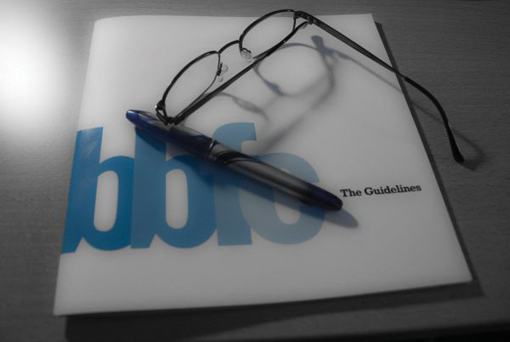BBFC: Learning from the Past
The British Board of Film Classification celebrates its centenary this year. But what can the organisation learn from the past, and how does history inform its current business and commitment to education work….
About the Author: Lucy Brett is the Education Officer at the BBFC.
In the BBFC’s centenary year we’re delving into our archive to find clues about the very earliest decisions and certificates. We’re also celebrating our history. Cinemas are showing vintage black cards in front of films throughout the year, giving young cinemagoers a glimpse of the past and those of a certain age the chance to remember what it looked like when audiences saw a film in the 1970s or 1980s. The BFI is publishing a book, in the autumn which analysis the work of the BBFC decade by decade. The book includes case studies on key film classification decisions. A film season planned at the BFI Southbank in London in November is also designed to look beyond better known stories involving film classification, A Clockwork Orange, The Exorcist, Battleship Potemkin, for example, to a wider variety of films, from blockbusters to art house curios. Each film was selected to show how the BBFC approached films at the time of their initial classification and how attitude, culture, policies, public opinion and UK law have shifted over time.
Going back through BBFC records has yielded fascinating results. BBFC Archivist Jennifer Evans says: ‘to be honest, if you stick your hand in most paper files you’ll find something interesting’.
Some files in the archive include non-film materials, such as a version of Kipling’s If by post-War BBFC Director Arthur Watkins. Written for a performance in a Pathe New reel, Watkins talks of how to approach ‘caustic correspondence’ and holding your nerve whilst viewing:
 Learning on Screen
Learning on Screen
